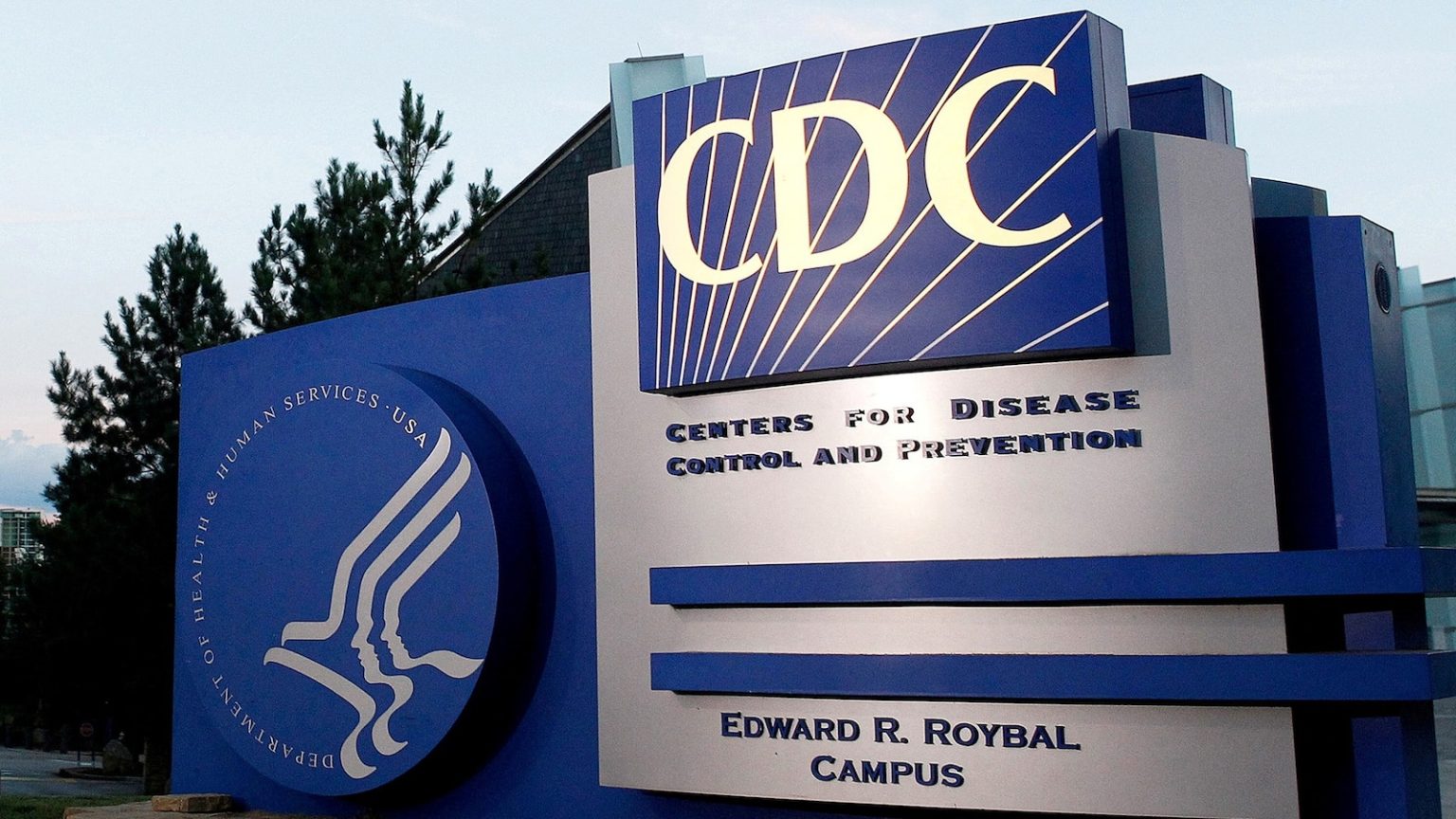Government Websites Go Dark Amid Executive Orders Targeting Diversity and Inclusion Policies
As of Friday evening, several government agency websites, including those providing critical public health information on HIV, LGBTQ+ issues, and reproductive rights, went dark. The outages appear to be linked to executive orders signed by President Donald Trump, which target diversity, equity, and inclusion (DEI) initiatives, as well as what the administration refers to as "gender ideology." The sudden removal of these resources has raised alarms among researchers, health advocates, and officials, who fear the loss of vital data and the potential harm to marginalized communities that rely on these services.
According to officials at the Centers for Disease Control and Prevention (CDC), who spoke to ABC News on the condition of anonymity, certain terms and phrases are being flagged for removal from government websites. These include words like "pregnant people," "chestfeeding," "diversity," "DEI," and references to vaccines, health equity, and gender equity. The CDC has also temporarily removed entire databases, leaving many researchers scrambling to archive as much data as possible before it disappears. Some pages may eventually return to public view after undergoing a language review, but officials have not provided clarity on which pages will be restored or when.
Key HIV and LGBTQ+ Resources Disappear
Among the most concerning removals are pages related to HIV prevention, diagnosis, and treatment. The CDC’s detailed data on HIV diagnoses, including breakdowns by race, gender, and transmission methods, is no longer accessible. This information is crucial for understanding disparities in HIV rates and tailoring interventions to affected communities. Additionally, the Youth Risk Behavior Surveillance System, a national survey that tracks teenagers’ behaviors and gender identities, has been taken offline. The CDC’s "HIV Risk Reduction Tool," an interactive resource that helped users assess the risks associated with various sexual behaviors, has also been erased.
The CDC has consolidated its HIV-related information into a single, simplified page titled "About HIV," leaving many health experts worried that the loss of detailed data will hinder public health efforts. Other websites, such as reproductiverights.gov, which provided resources on reproductive care and abortion access, have also been removed. The Food and Drug Administration’s webpage on "Minority Health and Health Equity" is similarly unavailable. These changes have sparked widespread concern among health advocates, who fear that the removal of these resources will disproportionately harm vulnerable populations, including LGBTQ+ individuals, people of color, and those seeking reproductive healthcare.
Executive Orders Drive the Scrubbing of Government Websites
The outages are part of a broader effort by the Trump administration to eliminate DEI initiatives and promote a narrower view of gender. In a recent executive order, President Trump called for an "end" to DEI policies within the federal government, claiming that such initiatives would "ruin our country." Another executive order, titled "Defending Women From Gender Ideology Extremism and Restoring Biological Truth to the Federal Government," directs federal agencies to recognize only two sexes: male and female.
A memo sent to officials at the Department of Health and Human Services (HHS) on Wednesday instructed subagencies, including the CDC, to remove "all outward-facing media (websites, social media accounts, etc.) that inculcate or promote gender ideology" by 5 p.m. on Friday. When asked about the website outages in the Oval Office, President Trump seemed to endorse the idea of scrubbing government websites, stating, "I don’t know—it doesn’t sound like a bad idea to me." He also declared, "DEI… would have ruined our country, and now it’s dead."
Health Officials and Researchers Race to Preserve Data
The sudden removal of these resources has left health officials and researchers scrambling to preserve critical data. Researchers confirmed to ABC News that they are working urgently to collect and archive as much information as possible from the affected websites before it is lost. However, the temporary removal of entire databases has already caused significant disruption, particularly for those relying on this data for research, policy development, and community outreach.
The impact of these changes extends beyond immediate data access. Health advocates warn that the removal of inclusive language and resources will erode trust in government health agencies, particularly among marginalized communities. For example, the use of terms like "pregnant people" and "chestfeeding" reflects an effort to acknowledge and support individuals who may not identify as women but still require reproductive healthcare. Removing such language could make these communities feel excluded and unsupported, further exacerbating existing health disparities.
Public Health Implications and Future Uncertainty
The long-term implications of these changes remain unclear, but health experts are sounding the alarm about the potential consequences for public health. Detailed data on HIV rates, transmission risks, and demographic disparities are essential for developing targeted interventions and allocating resources effectively. Without access to this information, health organizations may struggle to respond to outbreaks, design education campaigns, and ensure equitable access to care.
Similarly, the removal of resources on reproductive rights and minority health equity could have far-reaching consequences. These pages provided vital information for individuals seeking healthcare services, as well as for policymakers and researchers working to address systemic inequities. Their absence leaves a gaping hole in the government’s commitment to promoting health equity and ensuring that all individuals have access to the care they need.
As the situation continues to unfold, one thing is clear: the removal of these websites represents a significant shift in the federal government’s approach to public health and inclusivity. While some pages may eventually return after undergoing review, the loss of detailed data and inclusive language has already caused harm. The coming weeks and months will reveal whether these resources are fully restored and how the administration’s policies will shape the future of public health in the United States.















